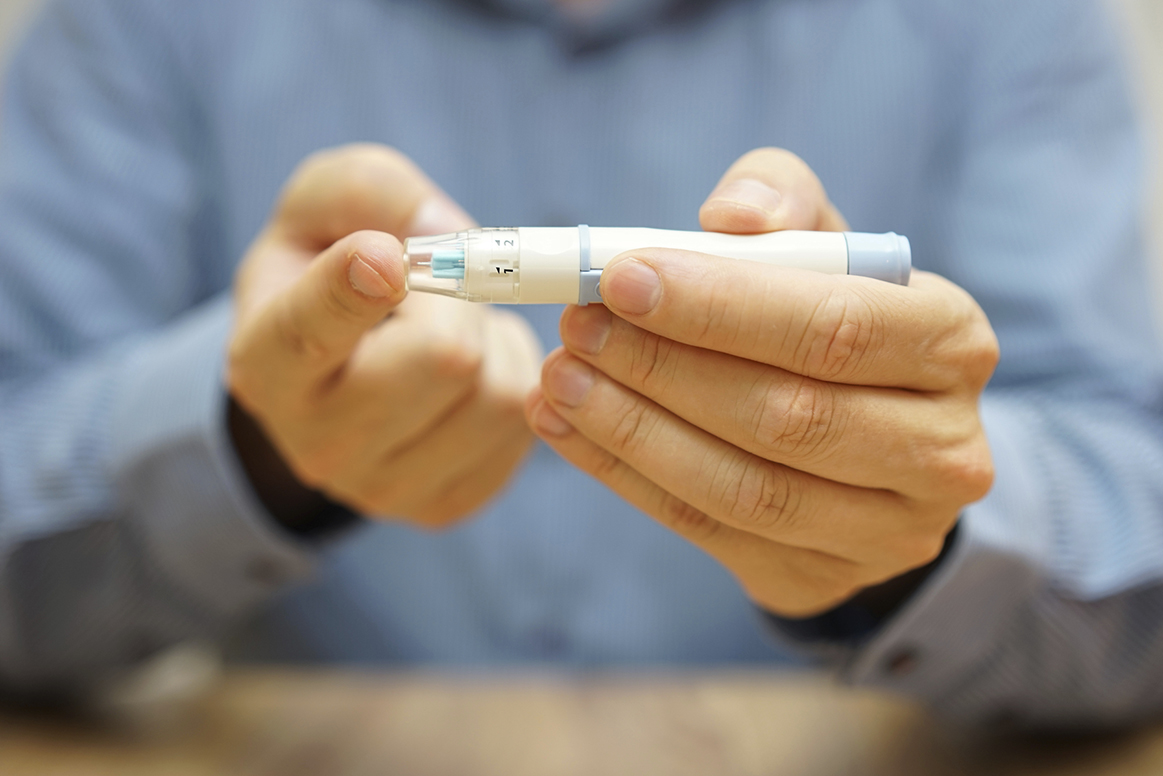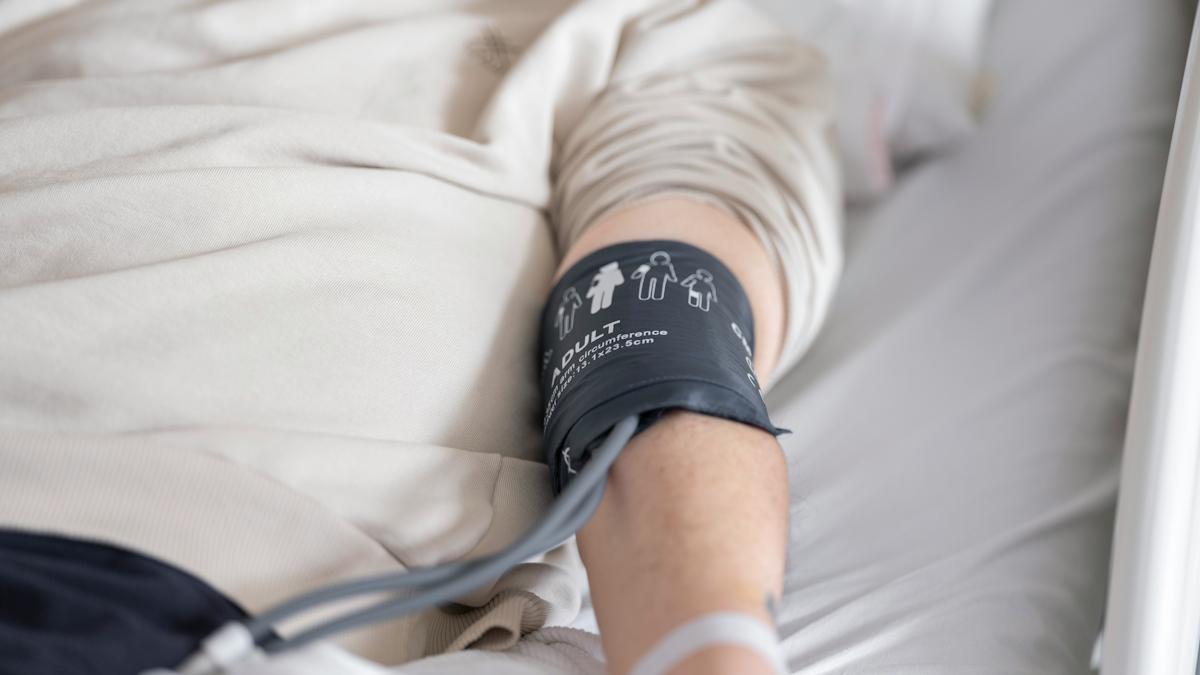Pfizer and Merck's diabetes contender looks to challenge Jardiance

Pfizer and Merck & Co have filed their diabetes drug ertugliflozin in the US and EU, and the companies hope their alliance will make an impact in the crowded diabetes drug market.
The drug is an SGLT2 inhibitor drug, and is a late entrant to the class behind Johnson & Johnson's Invokana, AstraZeneca's Farxiga/Forxiga and Boehringer Ingelheim and Lilly's Jardiance.
The drug was discovered by Pfizer, which sought to link up with Merck because it has the current market leading oral treatment, Januvia.
Januvia and combo drug Janumet posted a very respectable 4% growth in revenues to $6.10 billion in 2016, but are set to give way to the SGLT2 drugs.
This is especially as Januvia failed to show cardiovascular benefits in its TECOS study, while Lilly/BI's Jardiance recently gained a groundbreaking approval to claim protective effects against heart attacks and strokes.
Pfizer and Merck companies are banking on success by creating a mini-portfolio of combinations, and also have a huge 8,000 patient cardiovascular outcomes trial for ertugliflozin already underway.
The filings with the FDA are for three uses - one for monotherapy, one for the fixed-dose combination of ertugliflozin and Januvia (sitagliptin), and one for the fixed-dose combination of ertugliflozin and metformin.
The trials showed the combination of Januvia and the new drug were able to lower A1C more than either drug alone.
The FDA is due to make its decision on the SGLT2 inhibitor in December, with EMA decisions expected in 2018.
Filings are supported by the expansive VERTIS clinical development programme, comprised of nine phase 3 trials involving around 12,600 adults with type 2 diabetes.
The drug is chasing a market where Lilly and Boehringer Ingelheim’s Jardiance (empagliflozin) SGLT2 inhibitor looks likely to be the new pacesetter.
It became the first ever diabetes drug to gain a label claiming cardiovascular benefits based on the EMPA-REG OUTCOME trial. This trial of just over 7,000 patients showed the drug can reduce cardiovascular death by 38% in clinical trials and produce a 14% reduction in heart attacks and strokes.
Johnson & Johnson is due to produce cardio data from Invokana later this year, while AstraZeneca is to publish findings of its cardio trial for Farxiga/Forxiga in 2018.
Merck & Pfizer are conducting their own cardiovascular safety trial for ertugliflozin – and last year doubled its size to 8,000 patients and added two secondary endpoints of cardiovascular death and a composite endpoint covering cardiovascular death and hospitalisation for heart failure.
The companies hope to compete against Jardiance with this data, which stems from an FDA requirement for cardiovascular safety data for all diabetes after safety issues with older drugs.
Novo Nordisk’s daily GLP-1 drug Victoza (liraglutide) last year was shown to cut cardiovascular death risks in patients with heart disease – but disappointingly it did not demonstrate this benefit in people with heart failure.
But Novo’s next-generation weekly GLP-1 semaglutide may be the best so far at cutting major cardiovascular events, and is also due an FDA decision in December.
Pfizer and Merck's outcomes is expected to complete by October 2019, allowing them to mount a challenge to the existing SGLT2 drug if the results are strong.












